THE FACULTY OF MEDIA AND COMMUNICATION presents 9/11 TWENTY YEARS ON: HOW ONE DAY CHANGED THE WORLD
HYBRID EVENT: 8 December 2021: 2-5pm
Fusion Building F201 or Zoom: https://bournemouth-ac-uk.zoom.us/j/84914258379?pwd=ejNYVU1wWlFwdmVtcnk2cGkzWW44Zz09.
If you are attending in person, which is of course welcomed, could I ask that you sign up via Eventbrite https://www.eventbrite.co.uk/e/911-twenty-years-on-how-one-day-changed-the-world-tickets-216922309467
EVENT OVERVIEW
The events of 11 September 2001 are imprinted not only on the memories of those who witnessed them, they instituted changes which remain part of the lives of many across the world. The shock of the terrorist attacks, witnessed by a global audience, may have desensitized many to the changes: within our politics, our societies, within our ways of thinking and being. Western societies have become less inclusive and more anxious, meanwhile the so-called ‘war on terror’ has destabilised not only the lives of many across the Middle East and Asia but inspired further terrorist attacks across the European continent. This workshop explores how 9/11 impacted on our societies and the psychosocial effects of this traumatic event and the ongoing traumas it unleashed.
The workshop will showcase the work of Emeritus Professors Barry Richards and Stephen Jukes. Richards has a long-standing involvement in developing a psychoanalytic approach to politics, which in his work post 9/11 he has applied to the study of extremisms and to the appeal of terrorist organisations. Jukes was global head of news at the international news agency Reuters at the time of 9/11; subsequently his research has explored how journalists deal with experiencing traumatic news stories and the difficult relationship between journalism and emotion. Their work will be complemented by that of Dr Billie Pivnick a clinical psychologist and psychoanalytic psychotherapist was Consulting Psychologist to Thinc Design, the exhibition design team partnered with the National September 11 Memorial Museum in New York City. In this collaborative role she worked over five years with the design team to manage the emergent, but repeatedly-collapsing trauma narrative. Her attention to enacted group dynamics rendered the event’s heightened emotions less disruptive to the storytelling endeavour
The event will be hybrid. The in-person part will be in F201 (Fusion Building, Bournemouth University Talbot Campus) with a Zoom link for Dr Pivnick as well as a virtual audience.
Event Schedule
2.00 Welcome by Professor Einar Thorsen, Executive Dean of the Faculty of Media and Communication
2.10 Introduction by Professor Darren Lilleker, Chair
2.20 Professor Stephen Jukes: How 9/11 challenged journalism’s 150-year old objectivity paradigm and ushered in an era of emotionally-driven news
3.10 Professor Barry Richards: ‘A viral mutation in the human psyche’: terrorism since 9/11.
4.00 Dr. Billie A. Pivnick: Transforming collapse: Applying clinical psychoanalysis to the relational design of the National September 11 Memorial Museum.
4.50 Closing remarks by Professor Darren Lilleker, Chair
Abstracts
How 9/11 challenged journalism’s 150-year old objectivity paradigm and ushered in an era of emotionally-driven news
Stephen Jukes
The attacks of Sept 11 unleashed a wave of patriotic and jingoistic news reporting across America. Deeply embedded journalistic norms of objectivity and impartiality were suspended as US media reacted with shock and dismay, falling in behind President George W. Bush’s ‘War on Terror.’ This paper argues that far from being a short-term phenomenon, Sept 11 proved to be a watershed in the practice of journalism. It ushered in an era in which the 150-year-old norm of objectivity would be subjected to its stiffest challenge to date and laid the foundations for an emotionally-driven news agenda. The paper traces the roots of today’s affective media landscape back to Sept 11 – from the immediacy of the live broadcasting of terror to the advent of graphic unfiltered social media imagery and open displays of emotion by journalists. The taboo on emotion that had held sway amongst journalists since the middle of the 19th Century was broken on Sept 11.
‘A viral mutation of the human psyche’. Terrorism since 9/11.
Barry Richards
This metaphorical phrase coined by the Nigerian writer Wole Soyinka asserts that there is something new, dramatically so, about contemporary terrorism. There is wide recognition that one of its drivers is the new force of the internet, whereby any set of ideas, however delusional and antisocial, can be put before a credulous audience across the globe. However, that does not explain the existence of that credulous audience, and the presence within it of individuals ready to kill their fellow citizens, and themselves, in the name of an ideology. Is the existence of this homicidal impulse, on the scale we now see it, also a new phenomenon? That is not a question about the human psyche as a phenomenon outside of its social context: there is no such thing. But societal changes can impact strongly on our psychological functioning, as seen in the marked shifts over time in the forms taken by mental disorder. Drawing on the psychoanalytic concept of containment, and on socio-cultural analyses of identity, this paper will offer a psycho-historical perspective on contemporary terrorism in the West.
Transforming collapse: Applying clinical psychoanalysis to the relational design of the National September 11 Memorial Museum.
Billie A. Pivnick, Ph.D.
Symbolic of what we have possessed, lost, and wish to remember, the arts can memorialize cultural experiences too telling for mere speech. Aided by art, design, and storytelling, the many millions of visitors to the National September 11 Memorial Museum are remembering together not just one or more individuals or local communities, but an entire world that no longer exists. This paper details the collaboration between exhibition designer, Tom Hennes of Thinc Design, and myself, a psychoanalytic psychologist, in the relational design of the museum. This process entailed use of parallel and intertwined perspectives on how to help visitors remember, commemorate, honor, educate, witness, and mourn in order to transform unspeakable destruction into a creative reconstruction of continuity and vitality. How a psychoanalytic consultation to a museum design team developed from applying a few theoretical principles to a more generalizable model of museum storytelling will be illustrated with narrative and pictorial accounts of key moments.
Speaker Biographies
Stephen Jukes is emeritus professor in the Faculty of Media & Communication at Bournemouth University. He worked in Europe, the Middle East and the Americas as a foreign correspondent and regional editor at the international news agency Reuters. At the time of the Sept 11 attacks, he was Reuters Global Head of News based in Washington DC. He moved into the academic world in 2005, becoming dean of faculty at Bournemouth University and subsequently professor of journalism. His research focuses on areas of objectivity and emotion in news with an emphasis on conflict journalism, affect and trauma. His latest book is entitled Journalism and Emotion and explores the impact of today’s affective media environment on the practice of journalism, the lived experience of journalists and issues of trauma, moral injury and coping mechanisms.
Billie Pivnick, Ph.D. is a psychoanalytic psychologist in private practice in NYC. She is faculty/supervisor in the William Alanson White Institute Child/Adolescent Psychotherapy Program and the New Directions Psychoanalytic Writing Program. Co-Chair of the Humanities and Psychoanalysis Committee of American Psychological Association’s Division 39, she is co-founder and co-host (with Dr Romy Reading) of the podcast Couched which features conversations between analysts and various artists, academics, and influential cultural figures. She is also co-founder (with Dr Jane Hassinger) of the Psychoanalytic Community Collaboratory, a web-based seminar and project incubator for psychoanalytically-informed projects focused on innovative interdisciplinary responses to significant community problems. Additionally, she is Consulting Psychologist to Thinc Design, partnered with the National September 11 Memorial Museum, The Museum of Science and Industry, and the Pulse Foundation and is the winner of the APA’s Division 39’s 2015 Schillinger Memorial Essay Award for her essay, “Spaces to Stand In: Applying Clinical Psychoanalysis to the Relational Design of the National September 11 Memorial Museum,” and the IPTAR’s 1992 Stanley Berger Award for the contribution to psychoanalysis made by her research.
Barry Richards is emeritus professor in the Faculty of Media & Communication at Bournemouth University. After a first degree in psychology, Barry trained and worked as a clinical psychologist in the UK National Health Service before becoming a lecturer and taking a PhD in sociology. In his first academic post at the University of East London he led the development of psychosocial studies as an interdisciplinary teaching programme and research field, while researching and writing in a number of areas including popular culture, advertising, consumer behaviour, political leadership, and the rise of ‘therapeutic’ culture. He also published on the history of psychology. After moving to Bournemouth University in 2001 he concentrated on the psychosocial study of politics, developing a psychoanalytical approach to understanding political communication and public feeling, violent extremism, and social cohesion. The focus of this approach is on the emotional dimensions of political processes, particularly on the dynamics of the ’emotional public sphere’. Since leaving employment at Bournemouth in 2020, Barry has been pursuing a number of writing projects on a range of topics, including the influence on today’s culture and politics of the societal changes of the 1960s.
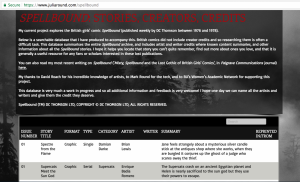



 The Science, Health, and Data Communications Research Group invites you to our Autumn-Winter 2021 research series. These talks are open to the public, and encompass topics on representations of women scientists in the media, health inequalities and COVID-19, how comics are used for health messages, and how politics drives decisions around health and science.
The Science, Health, and Data Communications Research Group invites you to our Autumn-Winter 2021 research series. These talks are open to the public, and encompass topics on representations of women scientists in the media, health inequalities and COVID-19, how comics are used for health messages, and how politics drives decisions around health and science.


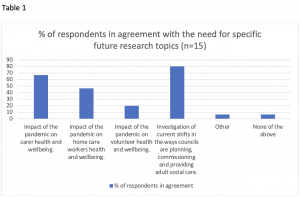

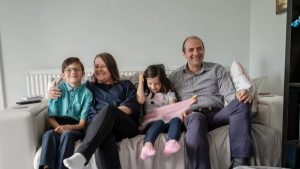
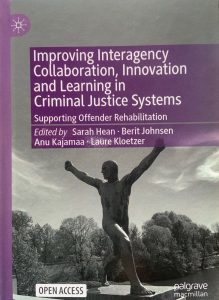
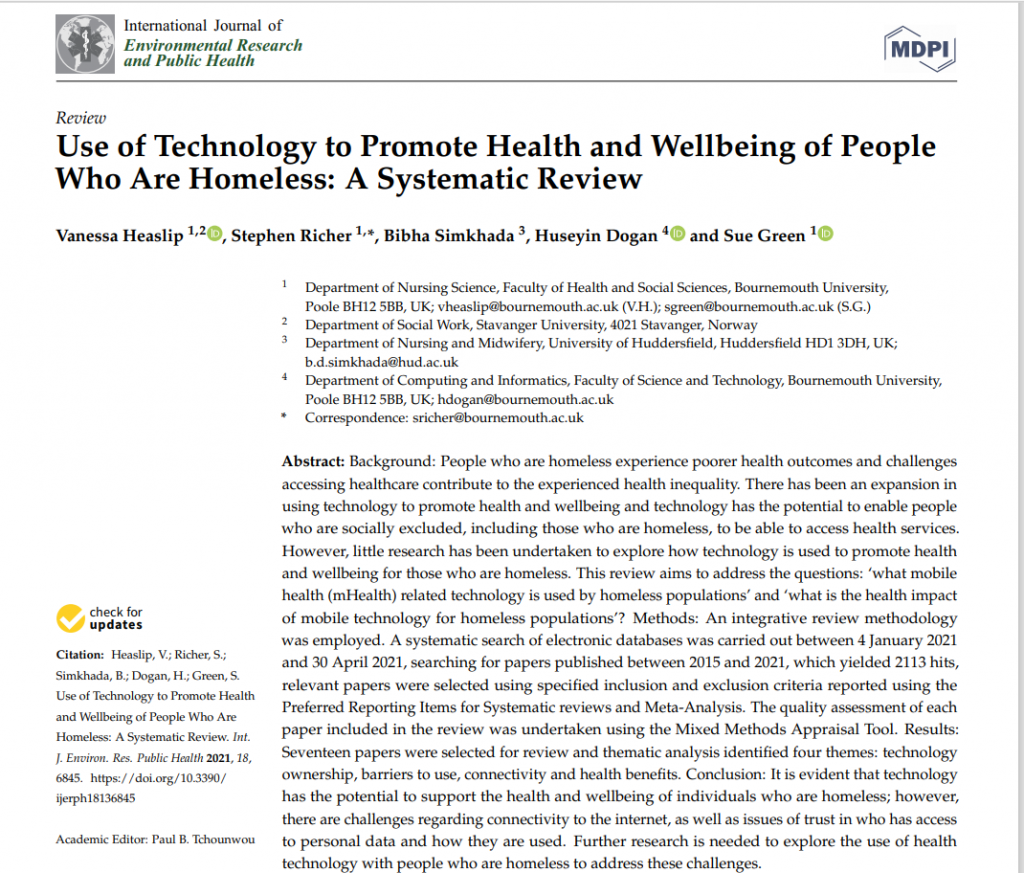












 New weight change BU paper
New weight change BU paper One week to go! | The 16th Annual Postgraduate Research Conference
One week to go! | The 16th Annual Postgraduate Research Conference Geography and Environmental Studies academics – would you like to get more involved in preparing our next REF submission?
Geography and Environmental Studies academics – would you like to get more involved in preparing our next REF submission? Congratulations to three former BU staff
Congratulations to three former BU staff Applications are now open for 2025 ESRC Postdoctoral Fellowships!
Applications are now open for 2025 ESRC Postdoctoral Fellowships! Horizon Europe – ERC CoG and MSCA SE webinars
Horizon Europe – ERC CoG and MSCA SE webinars ERC grants – series of webinars
ERC grants – series of webinars MaGMap: Mass Grave Mapping
MaGMap: Mass Grave Mapping Last reminder – MSCA Postdoctoral Fellowships 2024 internal deadline next week
Last reminder – MSCA Postdoctoral Fellowships 2024 internal deadline next week